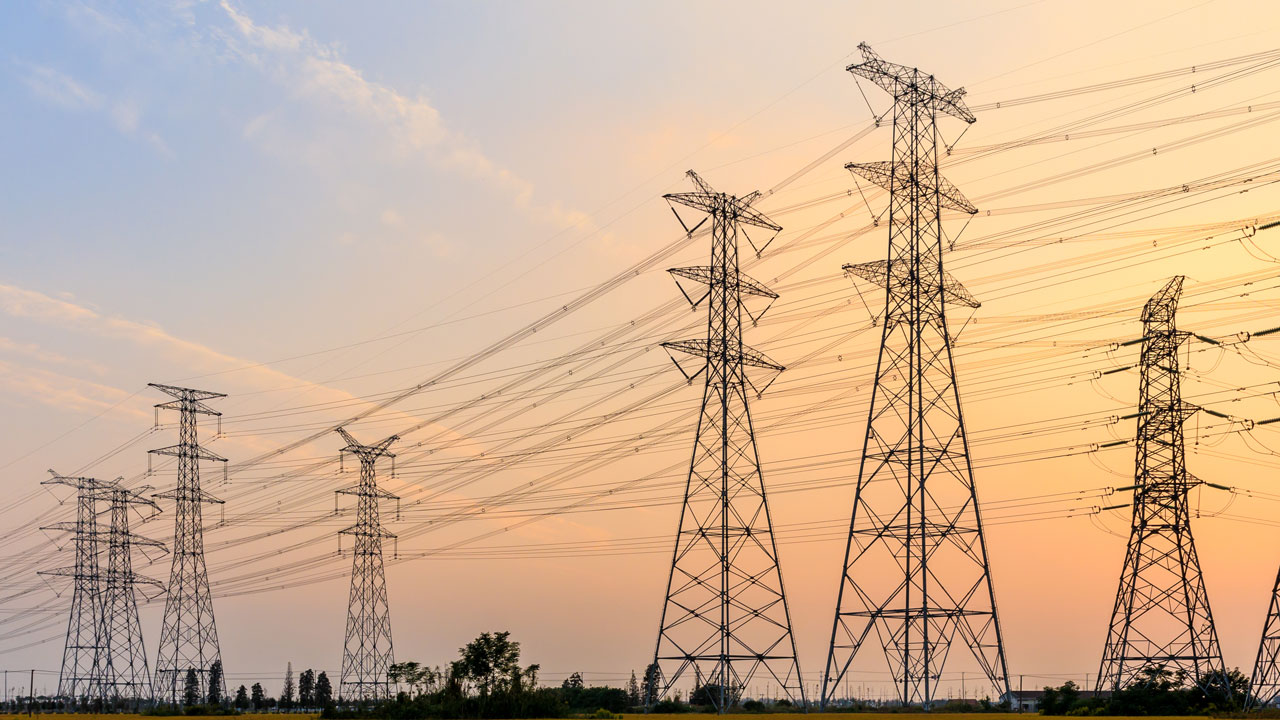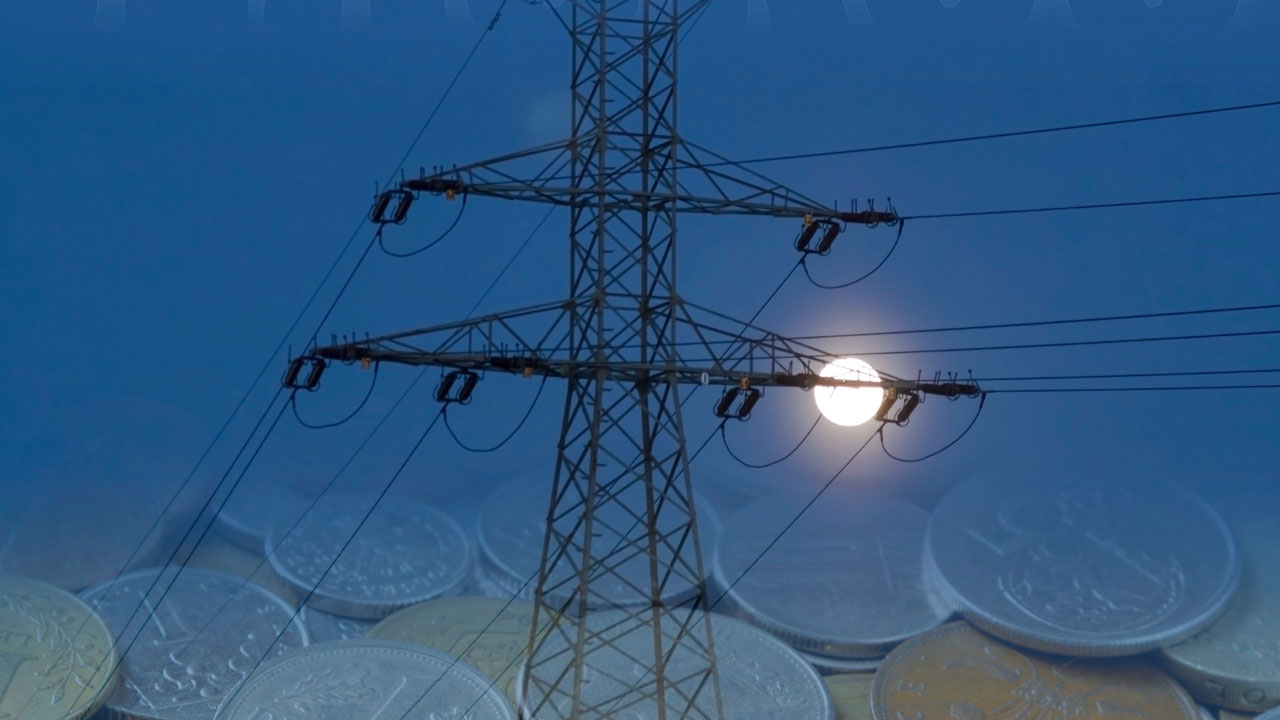
Tetra Tech’s Will Greene discusses why private finance for electricity transmission infrastructure in Africa is critical, difficult, and solvable.
Will leads our Sustainable Energy Finance advisory team who help clients draw up new business models and financial products for private transmission investments in Africa.
Picture the scene—a vast sunbaked plain, scattered settlements, and few crops or livestock. Some 100 kilometers away lies an African city of 1 million people. The power is on for just a few hours a day. Backup generators pump both power and pollution at a vast expense. Most people have no light to read or work, no way to safely store food or vaccines, and no way to charge their phones.
In one place, life wilts under a surplus of solar energy. In the other, it struggles to thrive with a shortage of electrical energy.
For power project developers and African utility managers, the irony is not lost. They know better than most that solar is by far the cheapest way to generate electricity. Yet, transporting this energy from solar farms to sweltering cities often verges on the impossible.
As is so often the case in developing countries, the barriers faced by power project developers boil down to money, or lack thereof. Millions of kilometers of high-voltage lines and thousands of network modernization projects are gathering dust on the shelves of African utilities.
Who has the money?
Paying for pylons and other transmission infrastructure often falls to multilateral and bilateral development banks. But transmission lines are high-cost projects with long lead times. Many governments are so indebted that they are unable to accept more loans for critical infrastructure, even on the most generous terms.
What about private investors? Global private equity flows to infrastructure total around $300 billion a year, of which the energy transition is by far the largest investment category. But look deeper, and it becomes apparent that stocks of private infrastructure capital are currently tight and limited in focus.
How do we get private investors excited about electricity transmission?
Tetra Tech’s sustainable energy finance advisors see three interrelated actions that can attract private capital: persuade governments to open the door, help utilities de-risk projects, and engage donors and development finance institutions on blended finance, climate finance, and political risk insurance.
Learn more about why private finance for electricity transmission infrastructure in Africa is critical, difficult, and solvable.
About the author
Will Greene
Will Greene is a senior director who leads Tetra Tech’s sustainable energy finance practice.
He has more than 20 years of experience building and leading consulting teams and delivering financial advisory to companies, utilities, and governments across all clean energy technologies. Prior to joining Tetra Tech, Will held senior roles in investment banking, consulting, and renewable energy project development. He also has experience within the U.S. federal government at the U.S. Environmental Protection Agency Office of International Affairs. Will is a chartered alternative financial analyst and development economist adept in project and structured finance, power sector regulation, and international climate and energy policy. He has advised clients in sub-Saharan Africa, Southeast Asia, Australia, the United Kingdom, and Norway. Will received his Master of Philosophy degree in international development studies from the University of Sussex in 2004.


